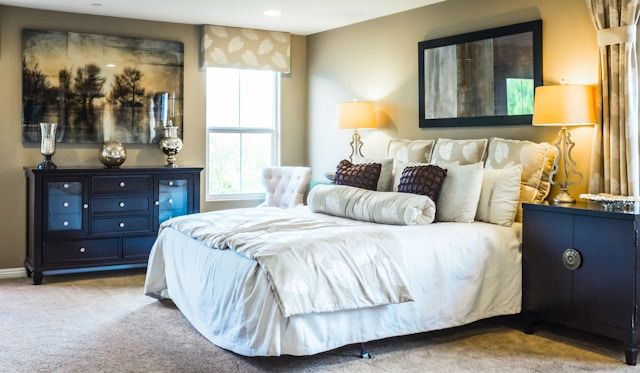Back
The Complete Massachusetts Airbnb Host Lodging Tax Guide: Airbnb Massachusetts Occupancy Tax Breakdown
Navigate Massachusetts-specific lodging & occupancy taxes for Airbnb and VRBO rentals with our comprehensive guide for short-term rental owners.
April 28, 2025

Written by:
Jeremy Werden
April 28, 2025

⚡️
Reveal any property's Airbnb profitability
Thinking about launching your Airbnb in Massachusetts? Before you welcome your first guest, you need to understand the state’s lodging and occupancy tax system. These taxes fund local infrastructure, water protection, and even convention centers, so it’s essential to get it right from the start.
Below, you’ll find everything you need to know about statewide tax rates, how Airbnb and VRBO handle tax collection, and a city-by-city breakdown so you know exactly what to collect and remit.
State-Wide Lodging and Occupancy Taxes in Massachusetts
Short-term rentals, stays of 31 days or less, in Massachusetts are subject to the state’s Room Occupancy Excise Tax. This applies whether you’re renting a single room, an apartment, or an entire house. The base rate is 5%, plus a 0.7% surtax, bringing the total to 5.7% of the rent, including cleaning fees and guest fees. Rentals under $15 per night are exempt. This state tax is added to any local taxes or fees in the property’s city or county.
Does Airbnb or VRBO Collect and Remit Taxes in Massachusetts?
Airbnb collects and remits all required occupancy taxes for bookings on its platform. Airbnb states that guests will automatically be charged occupancy taxes, which Airbnb will collect and remit to the state on your behalf, including the 5.7% state excise and applicable local taxes.
Similarly, VRBO collects and remits lodging taxes where required by law or agreement. According to VRBO’s tax guide, VRBO collects Massachusetts’ state room occupancy tax, the 2.75% convention center fee, the 2.75% Cape Cod & Islands fund fee, and any local occupancy excise in effect.
However, Hosts must register with the Massachusetts Department of Revenue and post their registration number on listings, but tax remittance on-platform is automated. Hosts are responsible only for any rentals booked outside these platforms. Make sure to double-check with your local government to confirm if these taxes are automatically collected by the platform/s you use.
City and County-Specific Local Tax Requirements
Beyond the state 5.7%, many Massachusetts cities and counties impose local lodging taxes. These include local excises (room occupancy taxes), special fees, and community impact surcharges.

Example Lodging Tax Calculation For a Property in Boston:
A 5-night stay at $200 per night.
- Total nightly Rate: $200 x 5 = $1000
- Cleaning Fee: $120
- Total Listing Price for a 5-night stay: ($200 × 5) + $120 = $1120
- Massachusetts State Room Occupancy Excise Tax (5.7%): $1120 x 0.057 = $63.84
- Boston Local Occupancy Tax (6.5%): $1120 x0.065 = $72.80
- Convention Center Fee (2.75%): $1120 x 0.0275 = $30.8
- Total Tax Collected (14.95%): $167.44
- Total Guest Payment: $1120 + $167.44 = $1287.44
Wrapping Things Up
By understanding and following these tax rules, you’ll keep your hosting business on solid ground and help support the communities your guests love to visit.
These tax ranges are meant for general information purposes. Local counties and even cities can have more specific rates that only apply to them. For this reason, we still highly recommend checking out the local STR regulations in your area or contacting local officials for more information.
Airbnb Tax Deduction Calculator
Paying too much in taxes? We have the perfect solution. Simulate an Airbnb home purchase below.
Purchase Price
$450K
Structure Value
70%
Apply Trump's Tax Cut (Bonus Depreciation)
Depreciation
$117,695
Interest
$21,600
Tax
$6,750
Year 1 Deduction
$146,045